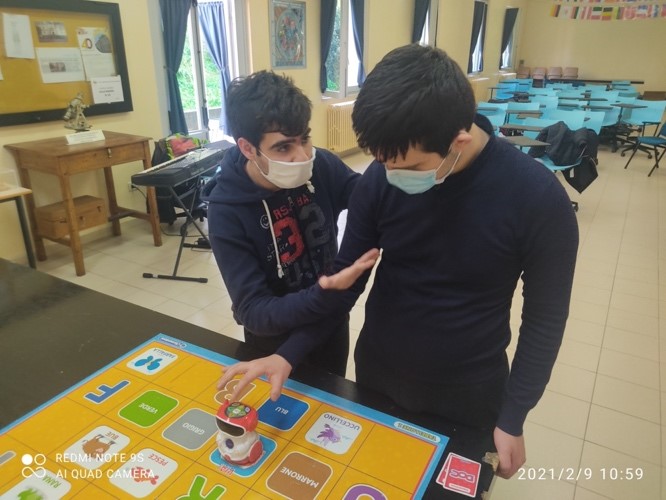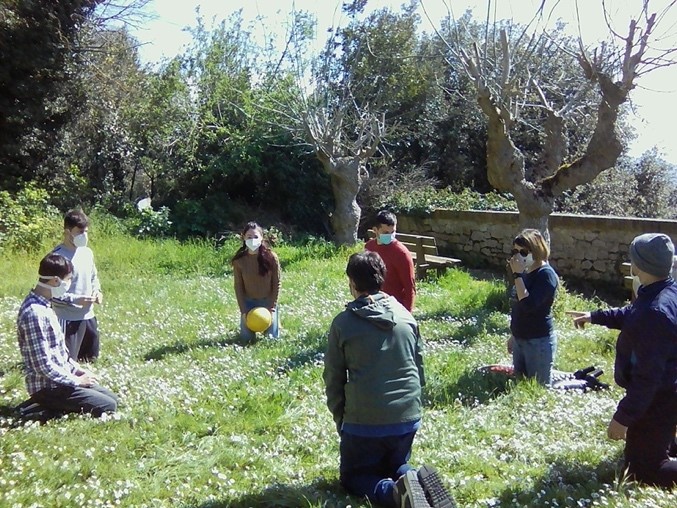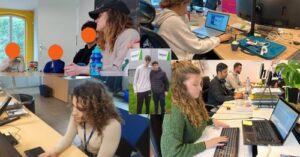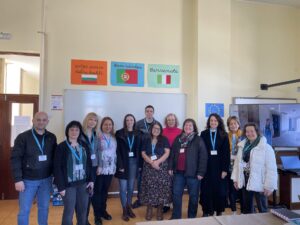At the end of this school year, which has been strongly characterised by the difficulties linked to the situation we are all experiencing, we can nevertheless highlight some positive aspects.
A novelty with respect to last year was the experimentation of workshops in presence during the period of confinement: workshops in ceramics, drawing and painting, music, photography, cinema, motor skills, English, civic education, computer science and robotics for BES pupils. This was an initiative which, through the methodology of Cooperative Learning and practical activities, enabled our children not to lose their sense of belonging to the school community, thus counteracting the isolation imposed by the pandemic.
Moreover, some of the activities that could not be carried out in person were replaced by online events. One of the most significant and engaging events was the international Virtual Debate, in which pupils from our school met American, Japanese, French, Spanish and German students to discuss ‘Youth Activism’.

Another initiative that kept pupils and teachers in touch and enriched the Institute’s cultural offer was the ‘Parole e Bit’ event: a series of weekly online meetings on various topics (History, Physics, Art, Tourism…).
In spite of the resources deployed, distance has severely penalised the laboratories and Erasmus mobilities that characterise our Technical Institute. In order to “resist” the heavy situation, teachers and students continued to work online: physical mobilities were replaced by remote meetings and activities on the e-twinning platform were strengthened, both by increasing the number of e-twinning projects and by using the platform to support the various ongoing European projects.
The traditional Europe Day, which our school, as a European Parliament Ambassador School, has been organising for a few years now, also took place online. With the help of our students, guided by teachers, school technicians and external experts, a special day was organised with 19 schools in the network and speeches by experts and personalities from the European Union.
To conclude this brief review, it can be said that more and better could certainly be done, but the effort of the whole school community to lighten the burden of distance and find opportunities even in this difficult time must also be stressed.





